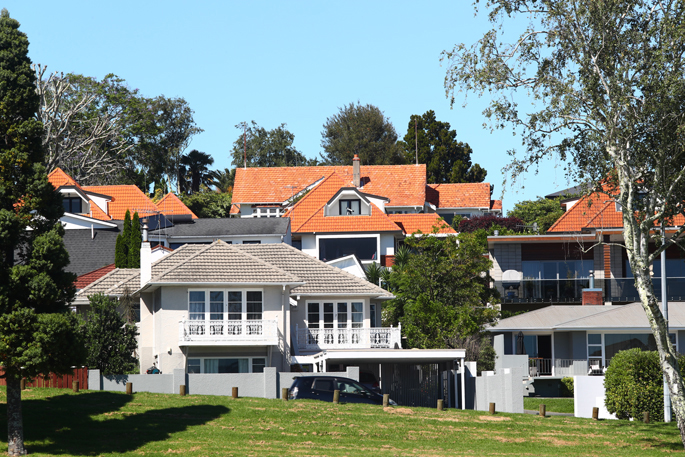It’s shaping up to be another difficult winter for the housing market, with interest rates, inflation, and rising unemployment continuing to bite.
Home values have risen at a snail’s pace in Tauranga this quarter, according to the latest update from Quotable Value.
The city’s average home value has increased by 0.2 per cent throughout the three months to the end of April 2024 – slightly less growth than in the three months to the end of March (0.5 per cent) and considerably less than in the three months to the end of January (2.2 per cent) and February (3.1 per cent).
At $1,029,967, Tauranga’s average home value is now 1.4 per cent higher than the same time last year, but 14.9 per cent lower than the market’s peak in early 2022.
The national average home value is now 2.7% higher than at the same time last year, but still 12.9% ($136,993) below the market’s peak in late 2021.
"What little momentum the housing market still had going into autumn appears to have all but evaporated now. Home value growth has largely stalled across much of the country, reflecting difficult economic conditions that aren’t getting any easier and aren’t likely to anytime soon," says QV operations manager James Wilson.
"The economy is doing it tough right now. High interest rates continue to bite, inflation remains stubbornly high, and the unemployment rate is rising.
"Business confidence is low and cost of living pressures remain a significant challenge for many households. Amidst all this, a surplus of real estate listings is helping to maintain downward pressure on prices."
QV's latest figures show Auckland’s three-month rolling average is negative for the third straight month (-0.7 per cent), with Napier (-0.2 per cent), Hastings (-0.7 per cent), and Palmerston North (-0.1 per cent) following suit in the April quarter.
Home values also remained completely flat in Hamilton (0 per cent) and flattened out in Tauranga (0.2 per cent), Wellington (0.6 per cent) and Christchurch (0.2 per cent).
Just Rotorua (3.6 per cent), Dunedin (2.1 per cent) and Invercargill (3.2 per cent) bucked the prevailing trend this quarter – though it remains to be seen whether this home value growth will continue as what is traditionally the peak selling season for real estate starts to wind down for winter.
"Sales volumes are already relatively low and are likely to drop even lower as winter officially sets in. So what little growth there is will continue to be patchy and variable – but the overall trend appears to be a property market that is in a sort of stasis until conditions improve, which almost certainly won’t be until after winter," says James.
"Given the circumstances, a flat market is to be expected. It will provide a stable foundation to step up off when interest rate pressure finally begins to ease, but that won’t likely be until late this year, if at all in 2024. In the meantime, mortgage holders are finding ways to hold on and banks are being supportive where possible."
Meanwhile, first-home buyers have the upper hand, provided they have stable employment and finance in place.
"Although getting finance and being in a position to service a mortgage in this economic environment certainly isn’t easy, buyers now control the narrative in most areas. They have time on their side and plenty of options to choose from.
"“We haven’t seen large numbers of investors re-enter the market following the recent reintroduction of 80 per cent interest deductibility for landlords, and the looming introduction of debt-to-income restrictions will almost certainly hamper their ability to purchase existing property when it eventually happens. So it seems like we could be in for another quiet winter."



0 comments
Leave a Comment
You must be logged in to make a comment.